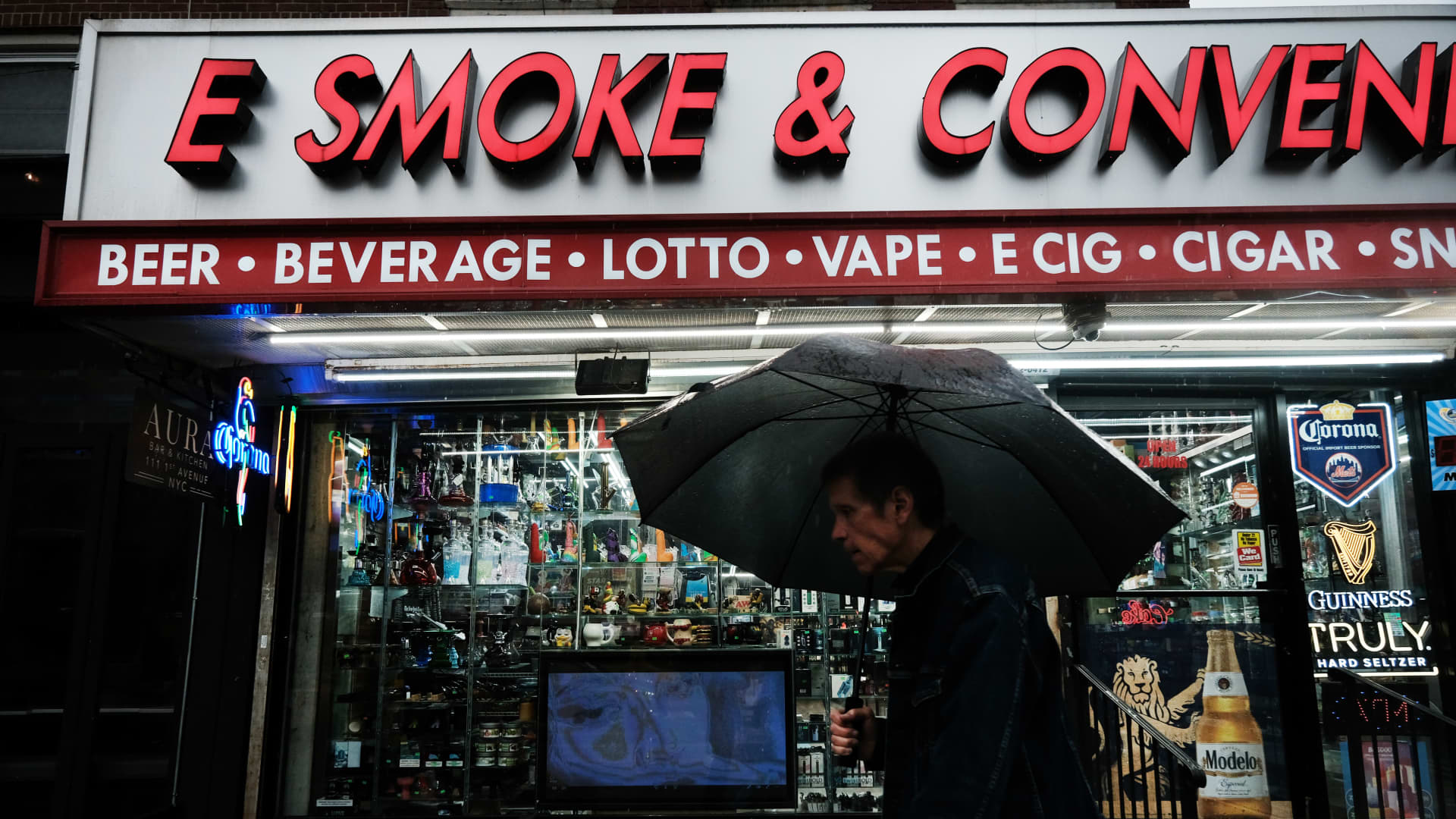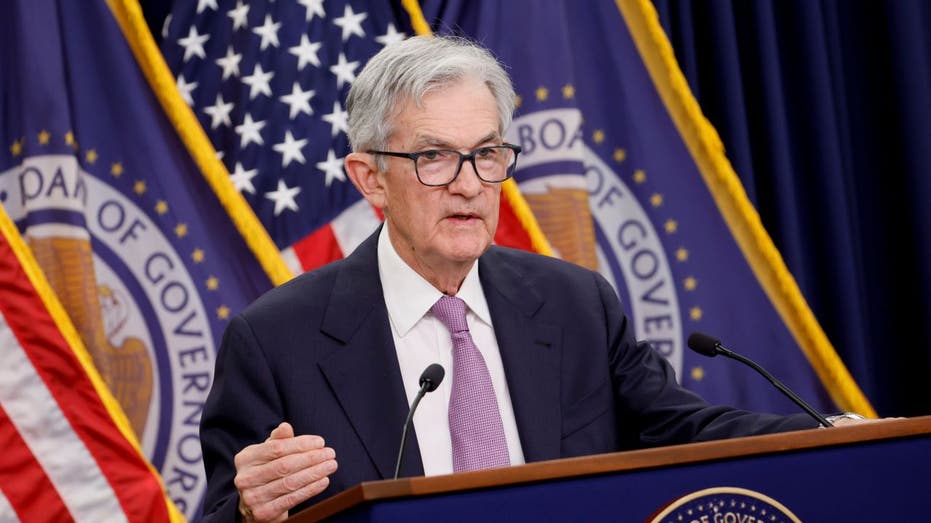New York officials are intensifying their efforts to crack down on unlicensed smoke shops that are selling marijuana, as the state faces difficulties with its legal marketplace.
Ever since cannabis was legalized in New York in 2021, there has been a proliferation of unlicensed vendors selling marijuana, edibles, vape products, and more, primarily in New York City. Presently, there are only 23 legal dispensaries in the entire state, with just nine in New York City.
A recent report by New York City’s Independent Budget Office revealed that an estimated 1,500 unlicensed retailers in the city could be holding as much as $484 million worth of marijuana products. The report also estimated that legalizing these items could generate $19.4 million in revenue for the city.
The state has initiated efforts to crack down on these unlicensed establishments by conducting more inspections and imposing fines or closures. However, the impact on the vendors, particularly in New York City, has been limited so far.
“We’re doing our best to address as many as we can,” said Daniel Haughney, enforcement director at the state Office of Cannabis Management, in an interview with CNBC.
A notice from New York state’s Office of Cannabis Management posted in a storefront window in New York City announces the seizure of “illicit cannabis” at the business, June 16, 2023.
Spencer Platt | Getty Images News | Getty Images
The state is resorting to increasingly aggressive tactics to curb the growth of the black market for marijuana, which often attracts consumers with cheaper, untaxed products. Shutting down these stores is not only a legal measure but also an economic one, as illegal sales do not contribute to state revenue. New York imposes a 13% retail tax on all marijuana products and an additional tax based on the potency levels of tetrahydrocannabinol (THC), the psychoactive component of marijuana.
In addition to tax evasion, illegally operating smoke shops can also pose significant health risks. A 2022 study commissioned by the New York Medical Cannabis Industry Association found that approximately 40% of products from 20 illicit stores in New York City contained harmful contaminants such as E.coli, lead, and salmonella.
The state’s Cannabis Control Board recently announced that more licenses will be made available by opening applications to the general public, as well as large multistate manufacturers and medical companies. Previously, retail licenses were only granted to applicants with prior convictions related to marijuana, under the Conditional Adult Use Retail Dispensary (CAURD) program. This move is expected to increase the number of legal shops in the state.
The progress of New York’s crackdown on illegal marijuana
Haughney mentioned that his team, along with the Department of Taxation and Finance, has been conducting more inspections at storefront businesses across the state. They began ramping up their efforts in June.
“We’re doing everything we can to combat this,” he added.
If an illegal business fails to comply with violation notices and cease-and-desist orders, it can face product seizures, store closures, and daily fines of up to $20,000.
The crackdown is not limited to the store operators alone.
In August, New York City passed legislation targeting landlords who knowingly lease commercial real estate to unlicensed sellers. Under this bill, landlords can be fined up to $10,000 if raids on their properties discover illegal marijuana.
The Real Estate Board of New York supported this bill, stating that it provides “much-needed enforcement” and will “improve streetscapes” in all five boroughs of New York City.
“This sensible law will prevent illegal businesses from operating in commercial spaces and ensure that real estate brokers and property owners work with properly licensed retail establishments,” the board said in a statement to CNBC.
With each of these measures, Haughney noted that there is increasing compliance.
“As enforcement continues and more licenses are granted to legal operators, we will see a shift where the presence of illegal shops decreases,” Haughney explained.
Illicit sales, while fueled by the delay in the opening of legal dispensaries, are expected to decrease in the coming years. According to New Frontier Data, a marijuana research firm, these sales are projected to drop from an estimated $7 billion annually in 2023 to $3 billion by 2030 in New York.














